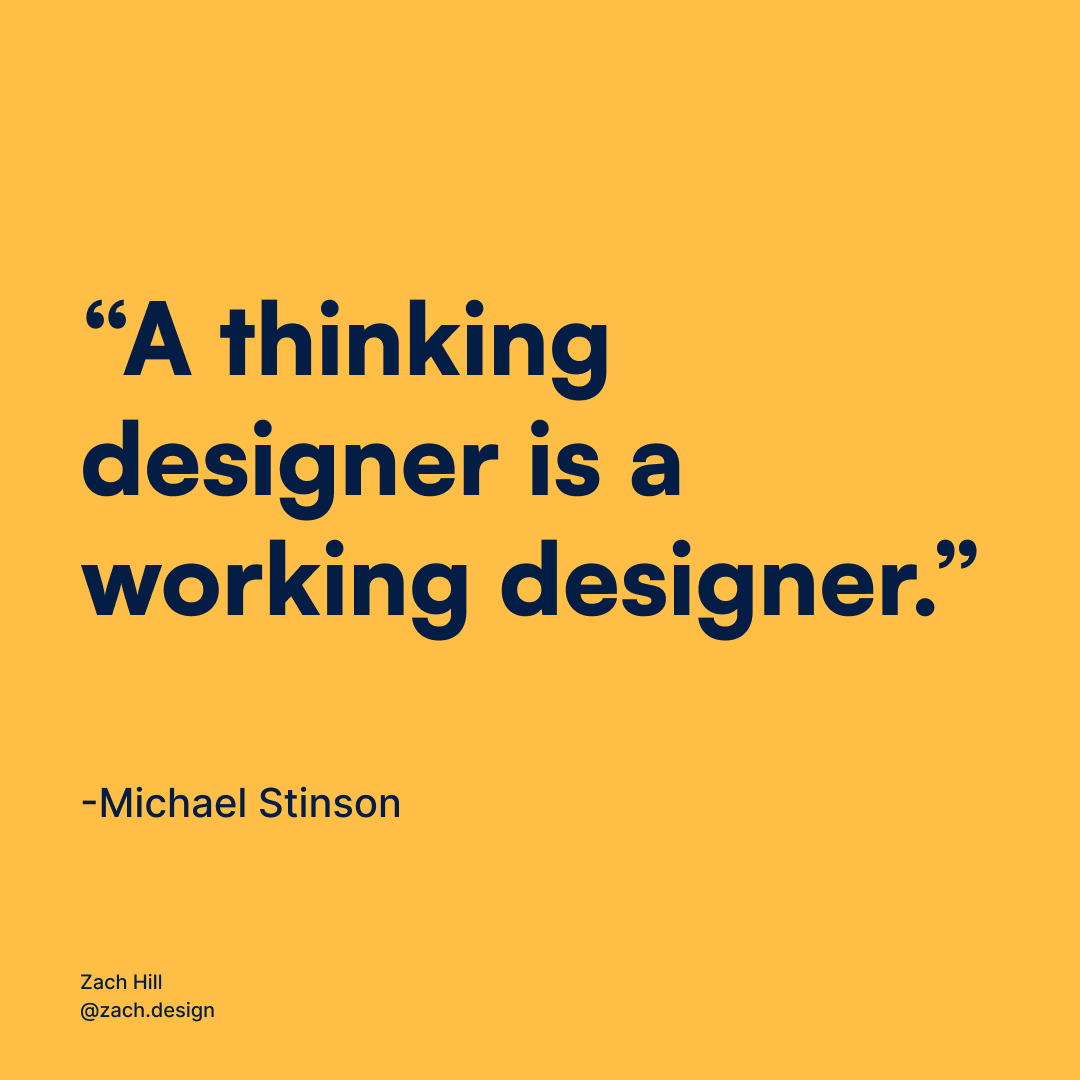Curiosity Waterfalls & Career Pools
How being obsessively curious has guided my career and life path and what it means to generalizing versus specializing.

When asked how I even landed on the job title and career path of "design strategist," I usually start with something simple: curiosity. I can trace my career and creative pursuits by identifying what I was curious about at various stages of my life.
Allow me to use my humble life and unorthodox career path as an example of curiosity in practice:
When I was 18, I was passionate and curious about teaching the game of basketball, so I became a basketball coach.
Soon after turning 23, I became curious about creativity. I explored writing and music, eventually finding my way to art and painting.
After a few years of producing mediocre abstract art, my artistic explorations, combined with the influence of good friends, led me to discover graphic design.
I finished university later than most, at the ripe old age of 33, with an art and design degree in hand. *I was fortunate, partly due to luck and partly due to having wonderful friends, to land my first design job at a web design studio. While working at the studio, my curiosity led me to explore user experience (UX), strategy, and workshops. I was particularly drawn to workshops because it felt like I could apply my previous coaching experience to guide my facilitation practice. There's not a world of difference between running a basketball practice and leading a creative workshop session.
My curiosity for workshops and the strategy behind UX eventually led me to discover and become insatiably curious about design sprints. **Again, through luck and friendship, I happened to be working at a design agency in San Francisco that emphasized innovation practices. My newfound love and curiosity coincided perfectly with my time at this agency.
The passion I found for design sprints, workshops, and strategy led to my current curiosities related to design thinking, business strategy, climate innovations, customer experience, and service design.
In summary, the formula for my journey has been:
Curiosity + exploration = new passions & next steps.
You might be wondering (I know I am asking myself as I write this) what my career path and curiosity have to do with generalizing versus specializing.
There are many people whom I greatly admire and respect for making strong cases for specialization, and there are also individuals I look up to who create compelling arguments for generalization. With my journey in mind, I will make the case that we should actually, and in most cases, naturally fluctuate between specialization and generalization throughout the stages of our lives and careers.
This is where I like to connect specializing to deep explorations in a specific subject matter and then attempt to visualize this practice by creating "pools." Eventually, these pools will overflow and create waterfalls, which is the metaphor I am using to describe following or "falling" into new curiosities. Therefore, I believe that throughout our lives, we create several cycles of waterfalls (general curiosities) that fill new pools within our hearts and souls (specializing).
I can understand if these water metaphors are confusing (they're a little confusing for me, and I'm the one writing about them! 😂). The simplified version of what I'm trying to convey can be broken down into two parts:
We should and will be both generalists and specialists. Which one we are at any given time depends on whether we are focusing on pursuing new curiosities or deeply exploring passions that matter to us.
Our past experiences and curiosities in life are always rich with lessons and knowledge that can guide who we are today and what we do in our jobs and careers. My time as a coach directly influences my facilitation practice, and my explorations in writing are the reason I feel even remotely comfortable in writing these weekly articles. Many people today are transitioning into UX and design from previous career paths or even past lives. If you are one of these individuals, I want you to know that you can and absolutely should leverage your previous experiences. Wear your past careers, failures, and successes like a badge of honor. I would even argue that the more diverse experiences you have before entering the world of UX, the greater your chances of success because you have experienced more of life beyond the realm of UX and design. This is a time when we need designers to experience the world outside of what they see in Figma and Dribbble and you have the ability to do that built into your journey if you are coming from a different career background.
I thank you if you've read this entire article, and I hope you've found some sense in the concept of waterfalls and pools. I hope you allow your curiosity to guide you to the areas of life that will ignite joy and passion within you.
*Thank you, Damjan, for taking a chance on a late bloomer trying to figure out all of this design stuff!
**Thank you, David, for allowing me to explore design sprints and innovation with you!
My favorite things of the week
Pascal Potvin wrote a great manifesto for moving beyond creativity. This is especially a great read for a design leader or an aspiring design leader like myself. I found the article both encouraging and challenging which is the kind of thing I am looking for when reading content about design!
I can just imagine Morgan Freeman saying this to me and his perfect voice combined with the powerful message instantly transforms me into a criticism-deflecting shield! In all seriousness though, criticism is a big component of the design process and it’s important when receiving criticism to evaluate the source, the intention, and the potential benefits of receiving the criticism.
I feel fortunate to have crossed paths with AJ & Smart & its CEO Jonathan Courtney during my design sprint and workshop explorations. Jonathan recently captured a feeling and a sentiment that I carry about workshops through a post he wrote on Linkedin.
The amazing School of Good Services led by Sarah Drummond and Lou Downe has generously created five free bursaries for folks who are struggling to fight through inequality and financial circumstances in order to break into service design. I consider both Drummond and Downe to be “virtual mentors” of mine and are widely considered to be masters of the craft that is service design so I encourage anyone who needs help to apply to the bursary.
Finally thinking through my past and career today made me think a lot about my first design teacher and mentor Michael Stinson. Not only was he a mentor and a teacher but also a good friend. We lost his light and life way too soon and he is missed by so many. I know I would not have the privilege of writing about design if it were not for his guidance.






Loved the waterfall analogy. Never thought about my own path in that way. Thanks for sharing this idea with the world.